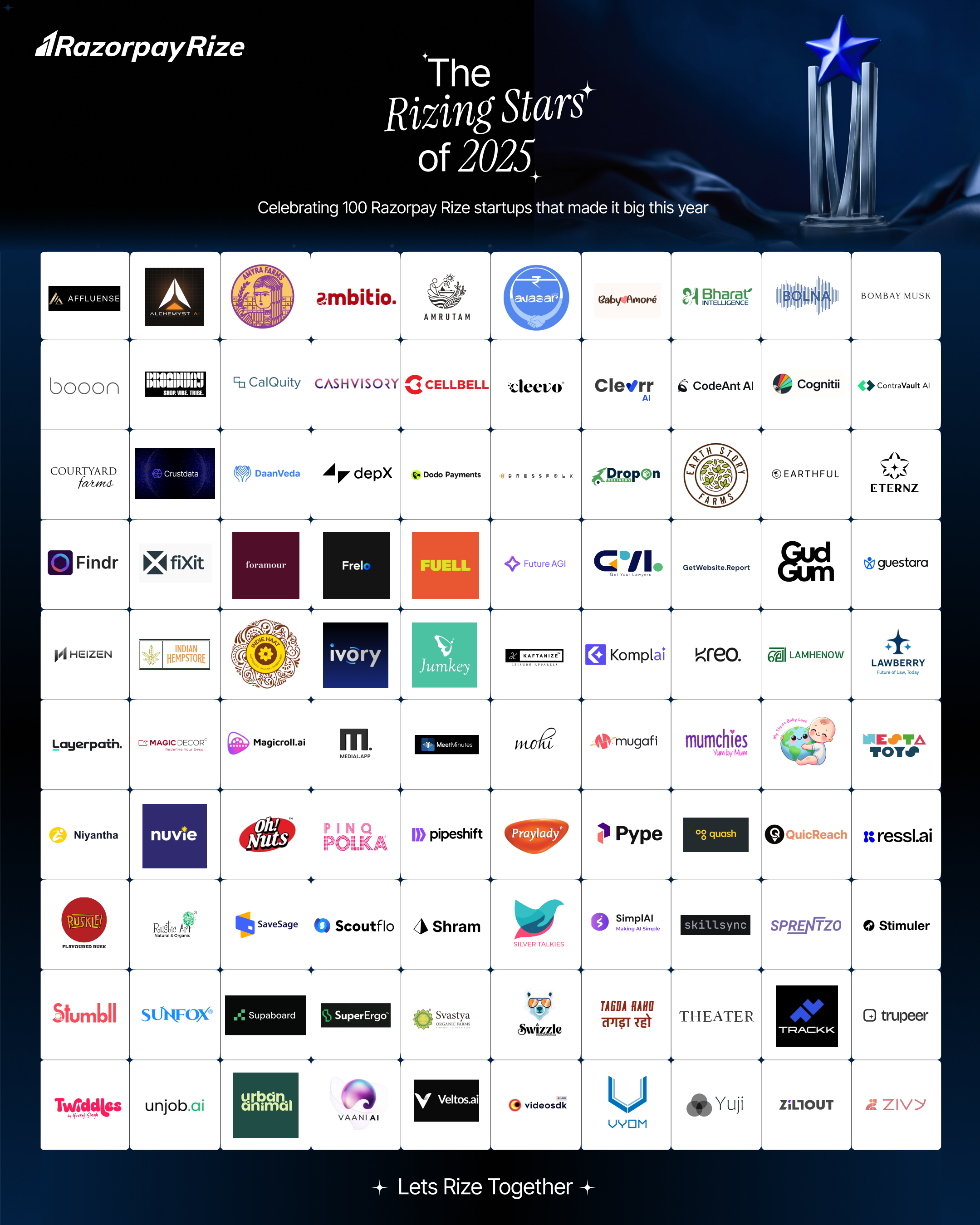In a world that constantly faces social, economic, and environmental challenges, Non-Governmental Organisations (NGOs) play a vital role in driving impactful change. Whether it's empowering underserved communities, promoting education, supporting healthcare initiatives, or advocating for environmental sustainability, NGOs act as catalysts for progress. In India, NGOs can be structured as Section 8 companies, trusts, or societies, each with its own legal framework.
In this blog, we’ll explore what an NGO is, why setting one up matters, the different types of NGOs, how they function, and a detailed look at the NGO registration process in India.
Table of Contents
What is an NGO?
An NGO (Non-Governmental Organization) is a non-profit entity that operates independently of government control. These organisations work toward social, cultural, environmental, educational, or humanitarian goals. While they can receive support from government bodies, their operations are autonomous and mission-driven.
In India, NGOs can be registered as:
- Trusts (under the Indian Trusts Act, 1882)
- Societies (under the Societies Registration Act, 1860)
- Section 8 Companies (under the Companies Act, 2013)
Each type comes with its own legal, operational, and tax implications.
Why To Set Up NGOs?
Setting up an NGO provides individuals and groups with a structured platform to:
- Drive meaningful social change
- Support marginalised or underprivileged communities
- Promote awareness in education, health, and the environment
- Organise charitable events and campaigns
- Attract grants and donations for cause-based work
- Collaborate with government bodies, corporations, and international organisations
Most importantly, NGOs create a long-lasting impact by scaling their efforts through organised, transparent, and legally recognised structures.
NGO Vs NPO
While the terms NGO and NPO (Non-Profit Organization) are often used interchangeably, there are differences:
How Does an NGO Work?
NGOs follow a structured approach to fulfil their mission:
- Identifying a Cause: Based on research and community needs
- Fundraising: Via donations, grants, events, and crowdfunding
- Project Planning: Setting objectives, timelines, and budgets
- Implementation: Executing programs via staff or volunteers
- Monitoring & Evaluation: Measuring impact and reporting outcomes
- Collaboration: Partnering with donors, corporates, and institutions
- Governance: Managed by a board or trustees ensuring accountability
{{company-reg-cta}}
Benefits of NGO Registration
Registering an NGO offers multiple advantages:
- Legal recognition
- Eligibility for tax exemptions under Section 12A and 80G
- Access to government and international funding
- Increased credibility among donors and the public
- Easier access to open a bank account
- Enhances long-term sustainability
Eligibility For NGO Registration Online
To register an NGO online in India, you need:
- Minimum 2 members for a Trust or Society; 3 directors for a Section 8 company
- Members must be at least 18 years old
- Indian citizenship (Foreign nationals can be members under certain conditions)
- Valid identity and address proofs
- Digital Signature Certificates (DSCs) for directors (in the case of Section 8)
How to Register an NGO Online: Step-by-Step Guide
Whether you're starting a non-profit to promote education, healthcare, or social development, registering your NGO gives it legal standing and access to benefits like tax exemptions and grants. Here's how to do it for each structure:
1. Registering a Section 8 Company (Companies Act, 2013)
Ideal for NGOs focusing on charitable, educational, religious, or social objectives with a corporate-style structure.
- Get Digital Signature Certificates (DSC):
Required for signing online forms. Obtain DSC for all proposed directors. - Reserve NGO Name:
Use the SPICe+ Part A form on the MCA portal to check availability and reserve your NGO's name. - File Incorporation Documents:
Submit:- SPICe+ Part B (Main incorporation form)
- MOA (Memorandum of Association)
- AOA (Articles of Association)
- AGILE-PRO (for GST, ESIC, EPFO registrations)
- SPICe+ Part B (Main incorporation form)
- Apply for PAN and TAN:
These are issued automatically with the incorporation process via the same SPICe+ form. - Receive Certificate of Incorporation:
Once approved, you’ll receive your COI, PAN, and TAN—your NGO is now a legal Section 8 company!
2. Registering a Trust
Ideal for family-run charitable institutions or those with fewer trustees and simpler operations.
- Draft a Trust Deed:
Include the trust’s name, objectives, details of trustees, and mode of operation. - Get the Trust Deed Notarized and Registered:
Visit the local Sub-Registrar office with the trust deed and identity/address proofs of trustees. Pay the applicable stamp duty. - Apply for PAN:
Once registered, apply for a Permanent Account Number (PAN) in the name of the Trust.
3. Registering a Society
Commonly used for clubs, cultural groups, welfare associations, and NGOs operating at a state or national level.
- Draft Memorandum of Association (MOA) and Rules & Regulations:
These should include your NGO’s objectives, structure, and operational guidelines. - Register with the Registrar of Societies (State-Level):
Submit the MOA, rules, identity/address proof of members, and fee to the Registrar of Societies in your respective state. - Apply for PAN:
After successful registration, apply for PAN for your society.
How NGOs are Funded?
Funding sources for NGOs include:
- Government Grants (central and state)
- Private Donations (individuals, philanthropists)
- Corporate Sponsorships (CSR funds)
- Crowdfunding Platforms
- International Aid (foreign funding under FCRA compliance)
- Membership Fees (in the case of societies)
Conclusion
NGOs play an important role in solving real-world challenges whether it’s improving education, supporting healthcare, protecting the environment, or empowering communities. They give individuals and groups a platform to drive meaningful change in society.
Understanding the different types of NGO structures and knowing how to register them is the first step toward building something impactful. The process may seem complex at first, but with the right guidance and resources, it becomes much more manageable.
Frequently Asked Questions
Private Limited Company
(Pvt. Ltd.)
- Service-based businesses
- Businesses looking to issue shares
- Businesses seeking investment through equity-based funding
Limited Liability Partnership
(LLP)
- Professional services
- Firms seeking any capital contribution from Partners
- Firms sharing resources with limited liability
One Person Company
(OPC)
- Freelancers, Small-scale businesses
- Businesses looking for minimal compliance
- Businesses looking for single-ownership
Private Limited Company
(Pvt. Ltd.)
- Service-based businesses
- Businesses looking to issue shares
- Businesses seeking investment through equity-based funding
One Person Company
(OPC)
- Freelancers, Small-scale businesses
- Businesses looking for minimal compliance
- Businesses looking for single-ownership
Private Limited Company
(Pvt. Ltd.)
- Service-based businesses
- Businesses looking to issue shares
- Businesses seeking investment through equity-based funding
Limited Liability Partnership
(LLP)
- Professional services
- Firms seeking any capital contribution from Partners
- Firms sharing resources with limited liability
Frequently Asked Questions
What is an NGO Company?
An NGO Company refers to a Section 8 Company registered under the Companies Act, 2013 in India. It is a non-profit organisation to promote charitable activities like education, health, environment, or social welfare. Unlike regular companies, it does not distribute profits to its members.
Which Type of NGO is Best?
The “best” type depends on your goals:
- Section 8 Company: Best for credibility, fundraising, and large-scale operations.
- Trust: Suitable for small groups or family-run charitable work.
- Society: Ideal for cultural, educational, or social associations at a state or national level.
If you plan to seek government funding or work with international organisations, Section 8 Company is usually preferred due to its structured compliance and legal recognition.
How Do I Register My Own NGO?
You can register your NGO as a Trust, Society, or Section 8 Company. The basic steps are:
- Decide on the structure (Trust/Society/Section 8)
- Prepare necessary documents (like MOA, Trust Deed, identity/address proof)
- Apply online or visit the relevant authority (MCA portal for Section 8, Registrar of Societies or Sub-Registrar for others)
- Get PAN and complete any required notarization or registration
What is the Registration Fee for NGOs?
The cost depends on the type of NGO and the state. If it’s a Section 8 company then multiple factors like stamp duty, professional fees, DSC charges, etc. affect the cost.
How to Get an NGO Certificate?
Once your registration is approved:
- For Trust/Society, the local authority will issue a registration certificate
- For Section 8 Company, the Ministry of Corporate Affairs (MCA) will issue a Certificate of Incorporation
Who is Eligible for NGO Registration?
Any Indian citizen (18+ years old) can register an NGO.
- Trust: Minimum 2 trustees
- Society: Minimum 7 members (can include people from different states for national-level society)
- Section 8 Company: Minimum 2 directors and members
Foreign nationals or NRIs can also be part of the NGO board, especially in Section 8 Companies, with some additional compliance.








.png)










